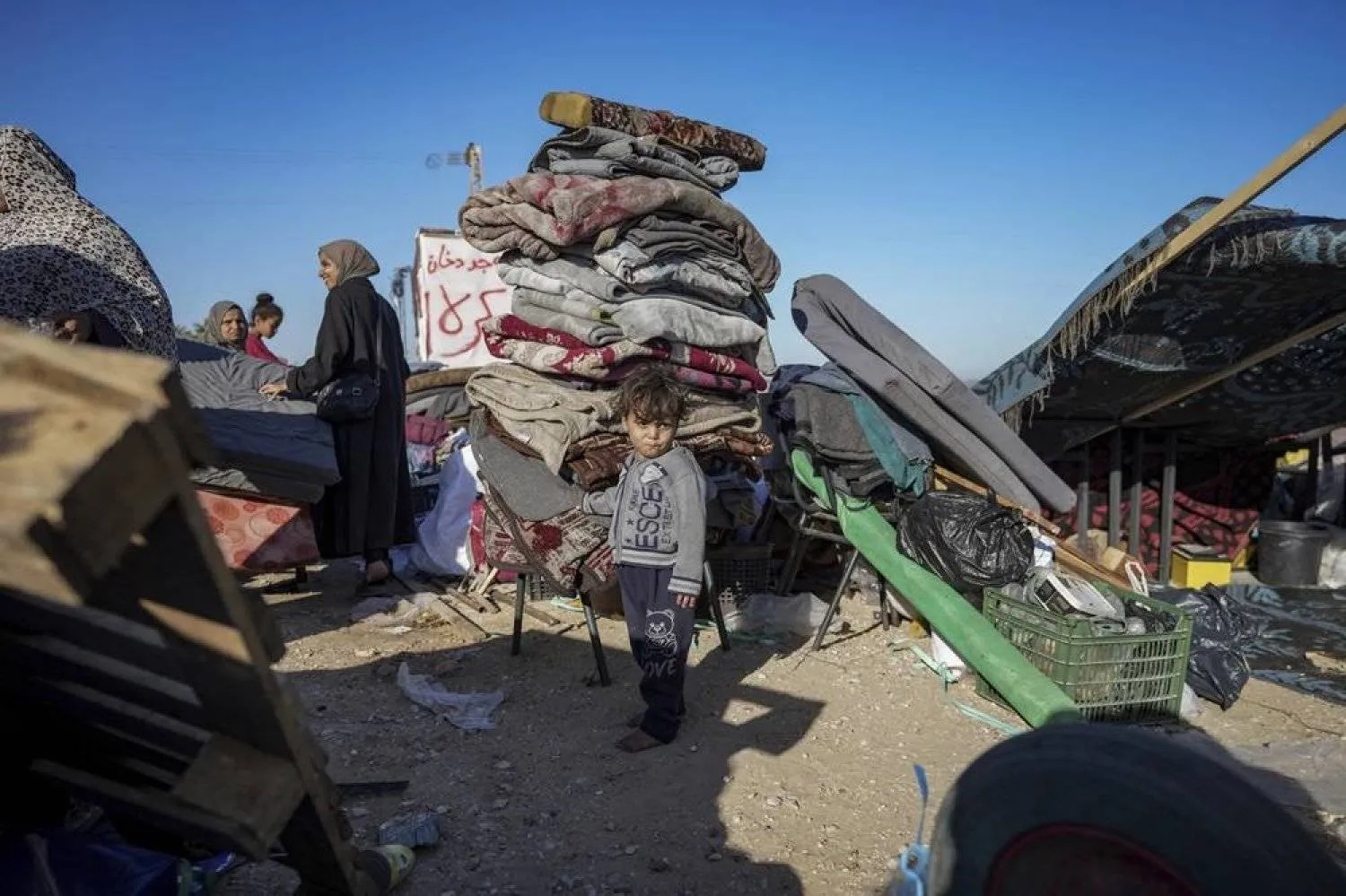The World Health Organization said Friday that it has received no medical supplies in the Gaza Strip for 10 days as Israel pursues a new offensive against Hamas.
Israel's closure of the Rafah crossing into Gaza has caused "a difficult situation", WHO spokesman Tarik Jasarevic said. "The last medical supplies that we got in Gaza was before May 6."
Israeli troops entered the city of Rafah on May 7 to extend their offensive against Hamas over the militant group's attacks seven months earlier. They closed the Rafah crossing into Egypt that is crucial for humanitarian supplies.
With UN agencies warning of a growing risk of famine in Gaza, the Kerem Shalom and Erez crossings from Israel are also virtually shut down.
Jasarevic said the biggest concern was over fuel needed to keep clinics and hospitals running. Gaza's health facilities need up to 1.8 million litres of fuel a month to keep operating, AFP reported.
The spokesman said only 159,000 litres had entered Rafah since the border closure. "This is clearly not sufficient," he added, highlighting how only 13 out of 36 hospitals across the Palestinian territory were now "partially" operating.
"Hospitals still functioning are running out of fuel, and that puts so many lives at danger," said Jasarevic. "Current military operations in Rafah are putting countless lives at risk."









